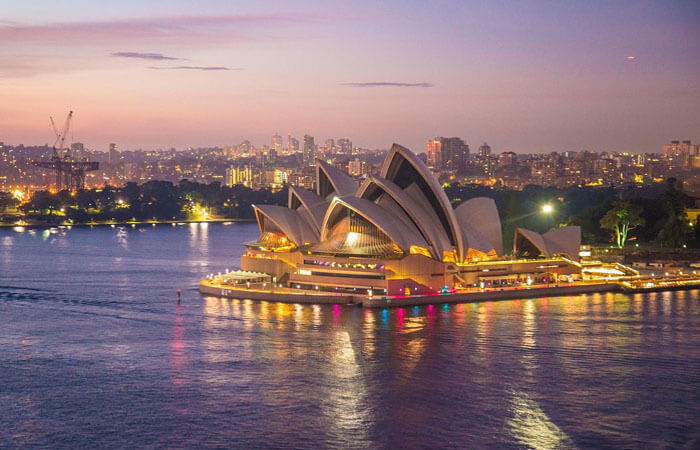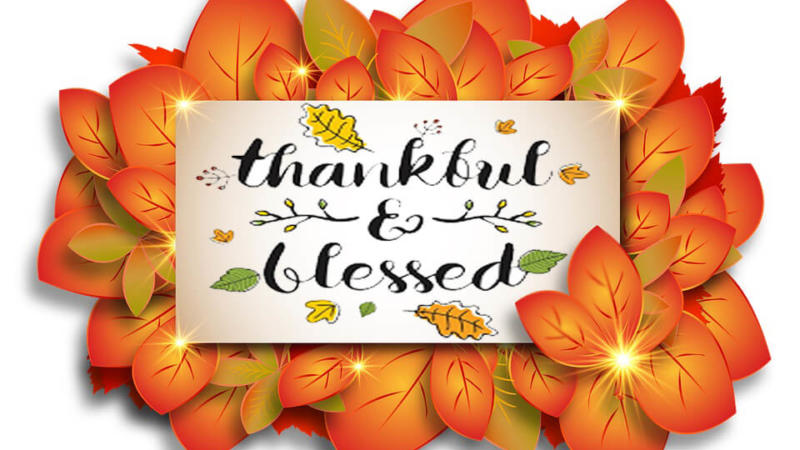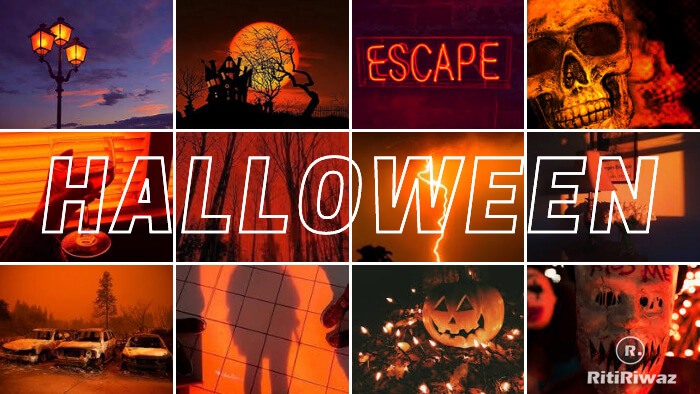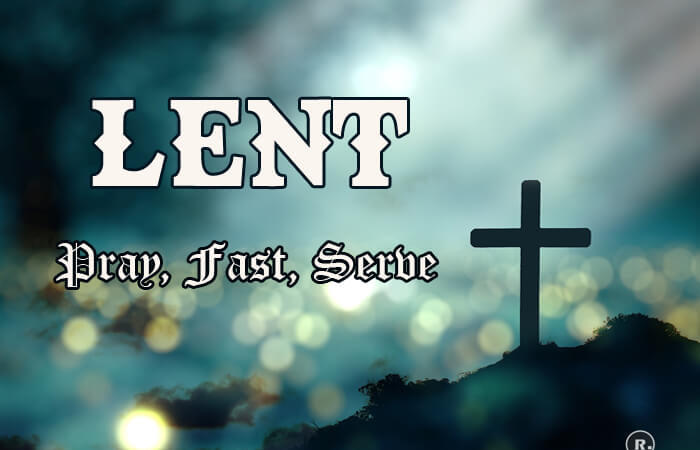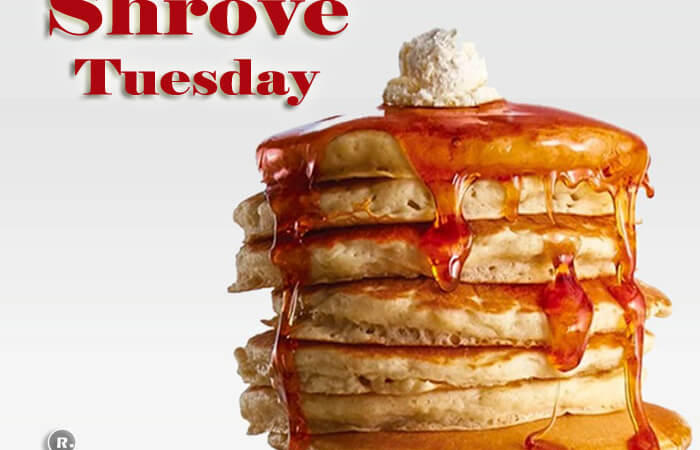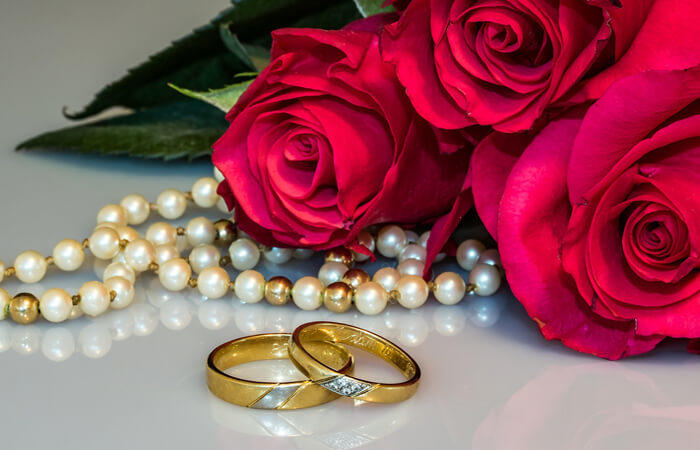Origin of Halloween

Halloween, Holloween, or Haloween is a centuries-old festival celebrated on October 31st every year which transitioned from pagan rituals to parties, costumes, jack-o-lanterns, and trick-or-treating for adults and kids. Halloween is one of the oldest holidays still celebrated today. It’s one of the most popular holidays, second only to Christmas.
Where does Halloween come from?
We celebrate Halloween every year on October 31st. Pope Gregory III designated November 1 as a time to honor all saints. The evening before was known as All Hallows Eve, and later Halloween. The holiday originally comes from a people called the Celts. The Celts lived in Europe more than 2000 years ago. On November 1st they celebrated the end of summer, the first day of the Celtic New Year, honoring the Samhain, the Lord of the Dead. Halloween evolved from the ancient Celtic holiday of Samhain, but over the centuries Halloween transitioned from a pagan ritual to a day of parties, costumes, jack-o-lantern.
Ancient Celtic people believed the souls of the dead returned on the evening before November. “The Celts believed that the dead could walk among the living at this time. During Samhain, the living could visit with the dead.” Look at the festival of Samhain in Ireland’s Celtic past. Samhain had three distinct elements. Firstly, it was an important fire festival, celebrated over the evening of 31 October and throughout the following day.
The word “Hallowe’en” means “Saints’ evening“. It comes from a Scottish term for All Hallows’ Eve (the evening before All Hallows’ Day). In Scots, the word “eve” is even, and this is contracted Halloween is a holiday celebrated on the night of October 31. Hundreds of years ago, people dressed up as saints and went door to door, which is the origin.
Halloween was influenced by the ancient Roman festival Pomona, which celebrated the harvest goddess of the same name. Many Halloween customs and games that feature apples (such as bobbing for apples) and nuts date from this time. In fact, in the past, Halloween has been called San-Apple Night and Nutcrack Night.
Suggested Read: Why do People Celebrate Halloween
Halloween Origin and Customs
Halloween is celebrated in many countries in the world and each country has its own interesting set of customs and traditions.
Halloween in America – Of all the holidays, Halloween stands out as the best example of the quintessential American “melting pot,” that is, a melange of beliefs, rituals, or traditions, both religious or pagan, that stem from all cultures living in America.
The old Irish legend tells of a man who could not enter heaven or hell and be condemned to wander through the night with only a candle in a hollowed-out turnip for light.
Halloween in Europe some people would carry lanterns made from turnips. In America, pumpkins were more common. So people began putting candles inside them and using them as lanterns. That is why you see Jack ‘o lanterns today.
Mexico celebrates the Day of the Dead from 31 October to 2 November and some of its traditions, like giving gifts of sugar skulls.
Halloween in China – Halloween is a religious festival that signifies the connection between the living and the dead. It began about 2,000 years ago, during the rule of the Han Dynasty in China. Halloween is celebrated on the 14th night of the seventh lunar month according to the Chinese calendar.
While millions of people celebrate Halloween without knowing its origins and myths, the history and facts of Halloween make the holiday more fascinating. In America, it seems we have adopted the tradition of skeletons during our “Day of the Dead” – or Halloween, but it is less spiritual. It is most practiced in the United States and Canada. Children wear costumes and go to people’s homes saying “Trick or treat!” to ask for candy (sweets in the UK) and people. Today, Halloween is an excuse for Halloween theme costume parties, and entertainment with horror films, haunted houses, and other activities around the popular themes of ghosts, witches, Dracula, werewolves, and the supernatural.
Suggested Read: Different names of Halloween
Halloween is not celebrated in many countries around the world although many people know about it. Some Christians are not so happy that people celebrate Halloween. They believe the holiday is un-Christian because of its origin as a pagan “festival of the dead.” Halloween may seem like it’s all about costumes and candy, but the holiday — which is relatively new to America, has only become popular in the early 1900s. Halloween gradually started to gain its modern features and characteristics. Though Halloween today is seen more as an American holiday, it was transported to North America by Irish immigrants in the middle 1800s.
Many Christians struggle to decide how to celebrate Halloween. After all, it is a holiday that seems to emphasize darkness, superstition, and fear. Furthermore, there is the claim that the holiday is pagan and evil in origin – an assertion that simply Halloween or All Hallows Eve, as it is sometimes referred to, is a lot different now than it may have been celebrated many centuries ago.
Halloween is a time to confront our personal and cultural attitudes towards death and those who have passed on before us. Halloween is a time to lift the veil between the many materials and spiritual worlds in divination, so as to gain spiritual insight into our pasts and futures.
What’s the origin of the phrase ‘Trick or treat’?
There could hardly be a better example of the way that language and traditions migrate over time and across different cultures than trick or treating. Although trick or treating is well-known to be an American tradition, its origins lie in medieval Europe. The reason people started wearing costumes is that they wanted to “fool” the demons and bad spirits that they imagined flitting around on All Hallows’.
Today’s Halloween is a cultural mashup. The Halloween holiday we’ve all come to know and love is a combination of several different celebrations from different cultures and religions at different times in history.
Halloween- a night that millions, maybe billions of people celebrate each year, but do you know what it is you are celebrating? Many people associate Halloween with a time of fun, play, and excitement. It’s a night when you can be anyone and sometimes get away with doing almost anything.
Halloween is the holiday of witches, vampires, werewolves, ghosts, and all creatures of the night! During this festival, like Mardi Gras, we dress but not how we usually do! Whether it’s a simple sheet to disguise as a ghost or with a full range of props to become a zombie or a witch, Halloween is an opportunity. Halloween is all about being bold, daring, and creative! You get to be someone else for the night thanks to makeup and a costume.
There is no lasting benefit to ignore a holiday that exists around us, but it also does harm to celebrate Halloween as it has originated and grown over the centuries. When you think about it, Halloween is a pretty strange holiday. We dress up as ghosts and ghouls, we knock on strangers’ doors threatening tricks if we’re not given treats, and we try to scare ourselves and others intentionally.
Nonetheless, Halloween is always associated with traditions of jack o lanterns, Halloween trick or treating, Halloween pumpkin carving, Halloween costumes, and time for a scary Halloween. There’s no apparent reason for the custom, besides eating lots of candy, of course.

